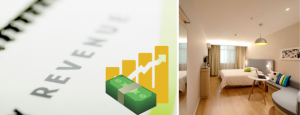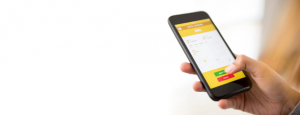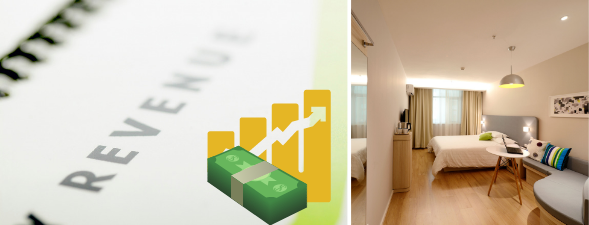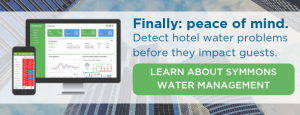
Is your hotel successful? It may be simple to prove your hotel’s success just by opening up your account books. However, this doesn’t tell the entire story. You could be making high profits, yet your operation costs could also be high as your bank account is just breaking even. Using certain metrics can provide different snapshots regarding the health of your operations. One important metric to track is your RevPAR.
What is RevPAR?
Revenue per available room, or RevPAR, is a formula that hotel owners use to determine how well their operations are at filling rooms at an average rate. A simple formula to determine your RevPAR is as follows:
Daily average room rate X the hotel’s occupancy rate
So you may operate a 100-room hotel and only fill up those rooms 80% on average. The average daily rate per room is $112. This means that your RevPAR is at $89.60. Now you know that your hotel rooms, even the ones that are not booked, are pulling in $89.60 per night.
Once you figure out your RevPAR, you can gain a clearer view of your overall hotel operations. While RevPAR isn’t designed to tell you about your profits, it can be used to improve certain areas of your hotel to increase your guest’s satisfaction, which could lead to more future bookings. You could use it to upgrade old features or offer more room amenities. Your RevPAR could also be used to:
- Determine whether you have the right rates for your hotel rooms,
- If you need to raise your rates to a better price point,
- Or that you are spending too much on operating costs.
4 Tips for Increasing RevPAR

Set a Minimum Stay for Peak Seasons
You can increase your rooms occupancy rate by requiring guests to stay a set minimum of days during busy seasons in order to lessen guest turnover rates and further control costs. There are different ways to do this:
- You could do special promotions based on how the guest will book their stay, such as on certain hotel reservation sites.
- Another way is to offer promotional stay packages, such as 3-night or 4-night stays at special pricing.

Request and Respond to Reviews
Gaining reviews can help you learn about the strengths and weaknesses of your hotel operations. Then you can make the right improvements to specific areas. You can request reviews from previous guests through email surveys. Also, don’t forget to respond to reviews to learn more about issues and to ensure guests will come back to stay at your hotel again.

Address Hotel Issues
It’s not enough to simply use reviews to find issues. You have to address these problems immediately. Learn about the guest’s pain points, whether it is that the televisions aren’t working, the WiFi is always out, or there is never enough hot water when they take a shower. Then you can do something to fix these problems, such as repairing televisions and WiFi or investing in a water management system, to improve guest amenities.
Once you address these issues, look for ways to audit your operations and detect future issues quickly. Consider using IoT and software to continuously gather important data information about operations at all times as timely alerts can inform you that issues need to be fixed.

Simplify Reservation Booking Processes
More guests are skipping travel agents and are booking the reservations themselves. You want to streamline this process as much as possible so guests don’t experience problems and find that their booking reservations didn’t go through. Offer reliable booking software over your hotel site along with the best rates to continue attracting guests.
By using RevPAR, you can measure hotel performance so you can make your operations more efficient. In addition, you can break down this formula in other ways, such as measuring the performance and occupancy of different room types or during certain quarters of the year. Then you can increase overall hotel growth as well as success.
Curious to learn how to detect and begin to address your hotel’s water issues? Click on the image below to learn about Symmons Water Management, the easiest and fastest way to take and maintain control of your hotel’s water system.

